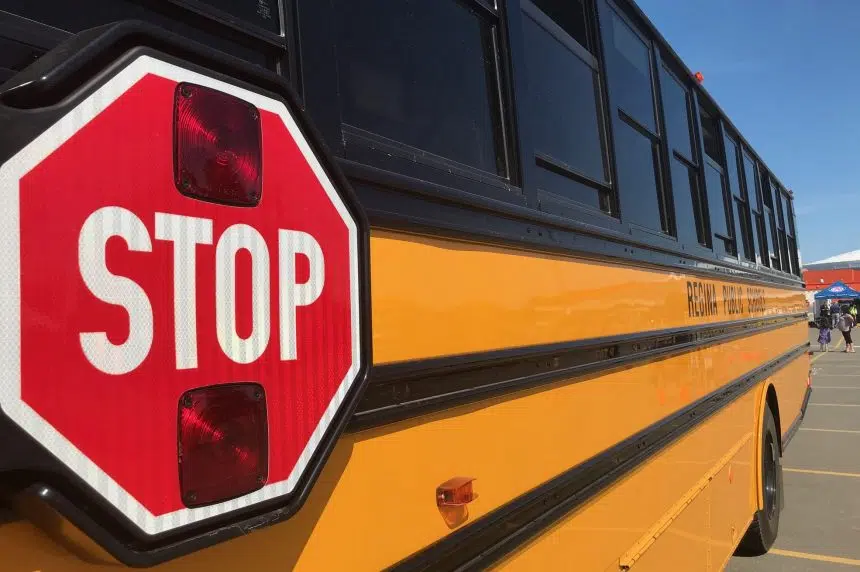With the school year fast approaching, some parents are still nervous about sending their kids back into classrooms in the pandemic, so they’re looking for other options.
Some have floated home-schooling as a possibility. But, what would that look like in Saskatchewan?
First, parents would have to contact the school division in which they live and let them know their child will be home-schooled in the coming year by sending an intent to register.
“There’s a notification form that you simply fill out, the school division will help you with it. They send it to you and you’re just basically letting them know you’re intending to register for home-based education for that school year,” explained Kevin Gabel, executive director of the programs branch with the Ministry of Education.
Parents are supposed to give divisions at least 30 days’ notice before starting a new program, and the 30 days deadline for the 2020-2021 school year is coming up quickly on Aug. 2 for a Sept. 1 start. Gabel said it’s up to divisions but many will take applications until Aug. 15.
Then, parents will have to come up with a written education plan with goals.
“It includes the philosophical approach to the program, the learning materials that will be used, as well; we’re going to need three broad general outcomes for language arts, math, science and social studies. As well as a means for assessing student progress,” Gabel said.
Most divisions offer a template for parents to follow, as does the provincial government. But, Gabel said what the kids learn doesn’t need to be tied to the Saskatchewan curriculum.
At the end of the school year, Gabel said there will be a meeting with a coordinator in the school division and the parent will have to show how the student progressed through the year.
“Most parents choose a portfolio of work where they just show what the child did throughout the year, and when they meet with the school division at the end of the year as a year-end meeting, they would present this to show the school division,” said Gabel.
Currently, about 1.3 per cent of the total student population in the province is in home-based learning. Gabel said he couldn’t point to just one reason people choose that path for their kids – it could be religious beliefs, philosophical leanings or there could be considerations for the child, like anxiety issues.
Home-based learning or home-schooling is different than remote learning, because the plan is completely directed by the parents, whereas remote learning is still undertaken by the division.
Regina Catholic School division’s Twyla West said so far there have been a handful of parents calling for information, but more on learning at home directed by the division, rather than home-based learning.
Terry Lazarou, with the Regina Public School Division, said there hasn’t been any significant increase in parents calling about home-based learning.
Both divisions have information on home-based learning on their websites.
West said Regina catholic isn’t planning on offering many learning at home opportunities for the coming school year. She said it’s been decided that classes will be in person, so that’s what they’re doing. However she did say medical accommodations will be made for those who need it.
The Regina public division said in a release last week that “school divisions will work with families who decline to send their children to school”.
Editor’s note: The story has been amended to correct the dates for the coming school year











